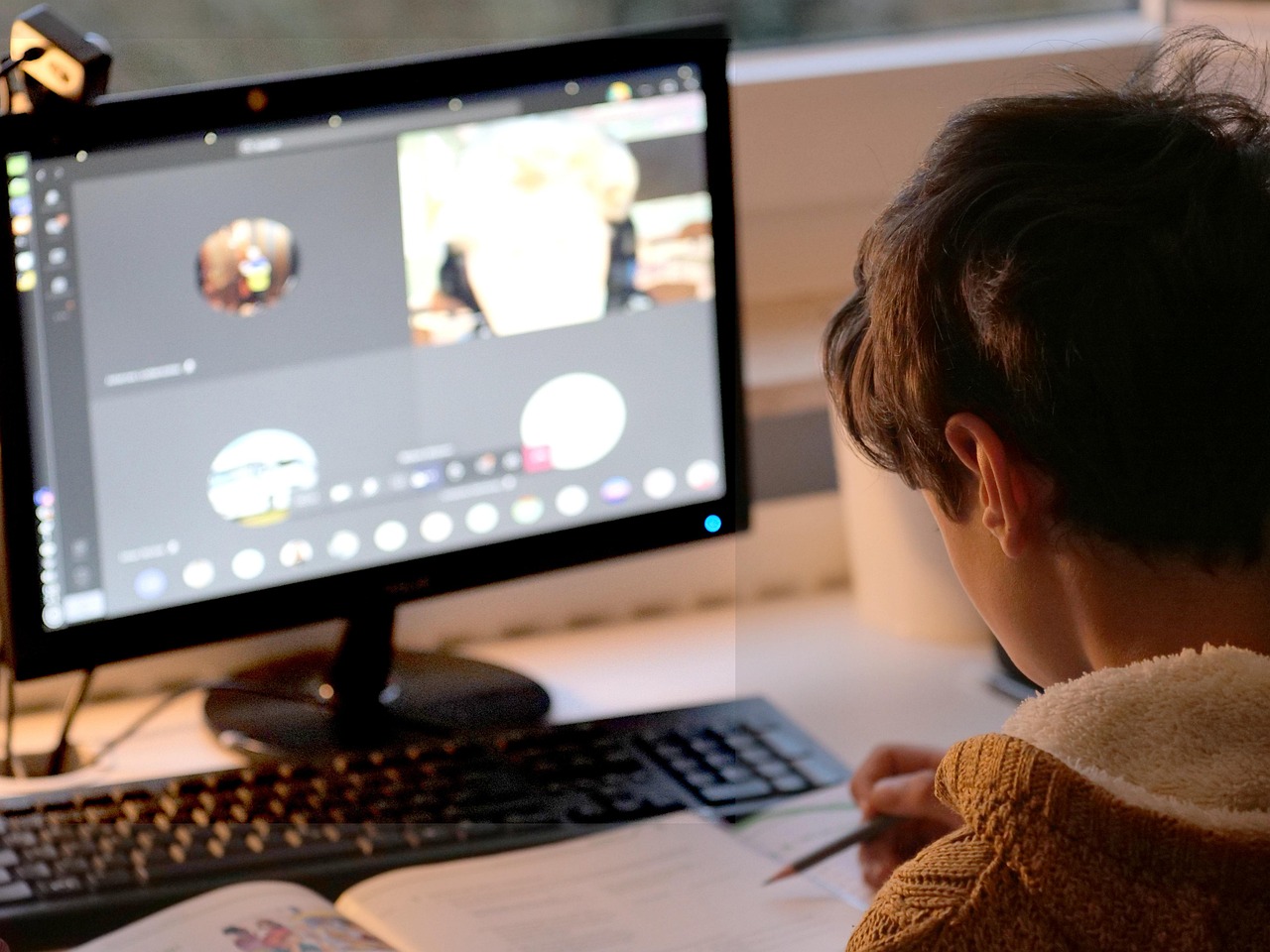Context and Issue
Namibia, like many developing countries, faces challenges in providing quality education to all its citizens, particularly in rural and underserved areas. The country has been working to transform its education system to meet the demands of the 21st century and prepare students for a digital future. With a focus on integrating technology into education, Namibia aims to address issues of educational quality, accessibility, and relevance.
Solution
To tackle this issue, MOE launched "The Digital School" (TDS) pilot project, an initiative supported by the United Arab Emirates' Digital School and the World Food Program (WFP). This project aims to revolutionize education across the country by integrating digital tools and methods into the learning environment. The initiative focuses on building a model for digital transformation in schools, equipping students with essential digital skills, enhancing teachers' abilities through targeted training, and developing a national strategy to advance digital education.
Impact
While specific quantitative data on the project's outcomes is not yet available due to its recent launch, the initiative is set to benefit sixteen schools initially, with one school per region designated as a digital pilot school.












